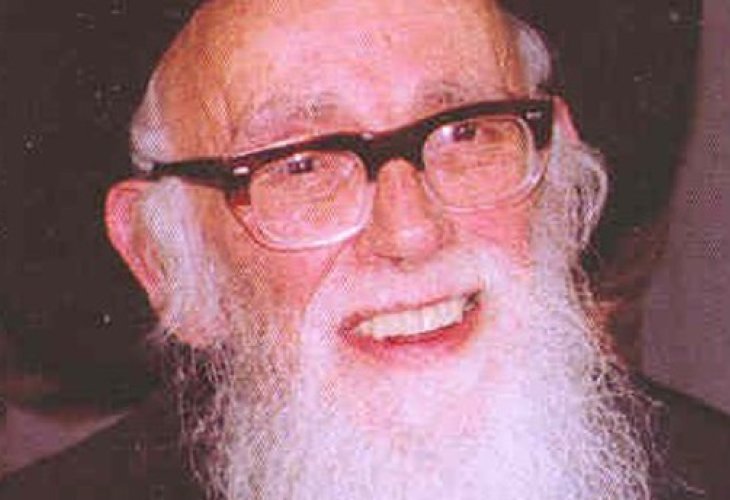Personal Stories
A Shabbat Story: The Secret Voice in the Forest: A Hidden Tzaddik’s Story
In a time of plague, a hidden tzaddik reveals the power of silence and respect in the synagogue

Once, in the city of Pozna, a terrible epidemic broke out. The local rav (rabbi), Rabbi Naftali Katz, author of the sefer Semichat Chachamim and his beit din (rabbinical court) declared a fast day and a time of prayer. They announced that anyone who knew of any wrongdoing in the community must come forward and report it to the beit din, so they could understand what had brought about Hashem’s anger and what needed to be done to stop the plague.
Two residents of the city came forward and reported something unusual about one of the town’s scholars, Rabbi Shlomo Zalman. (He was the grandfather of Rabbi Chaim Auerbach and the father of the great posek, Rabbi Shlomo Zalman Auerbach.) They described how, every night at exactly midnight, Rabbi Shlomo Zalman would leave his house with a small lantern and walk into the forest outside the city. The two had secretly followed him, but once he entered the trees, he vanished from their sight. They had no idea what he was doing.
Rabbi Naftali decided to see for himself. That night, he and the two townsmen followed Rabbi Shlomo Zalman into the forest. They found him standing in a certain spot. He turned off his lantern, sat down on the ground, and began saying Tikkun Chatzot, the midnight prayer mourning the destruction of the Beit HaMikdash (Holy Temple). His voice broke with sobs, and tears streamed down his face as he poured out his heart to Hashem. The crying was so heartfelt, so full of sorrow and sweetness, that it moved them deeply.
But then something strange happened. They heard another voice joining in saying the very same words of the Tikkun Chatzot. Yet no one else was there. No one could be seen near him.
After he finished, Rabbi Naftali approached Rabbi Shlomo Zalman and said, “Now we see with our own eyes that you are a holy man. But please tell me, whose voice was praying alongside you?”
At first, Rabbi Shlomo Zalman tried to avoid answering. But the rav pressed him and said, “I am the mara d’atra (halachic authority of the city), and I command you to tell me the truth.”
Rabbi Shlomo Zalman then revealed his secret. “I’ve made it my practice for many years to mourn the destruction of the Beit HaMikdash every night. And Hashem gave me a special gift: every night, the prophet Yirmiyahu (Jeremiah) comes to the forest and says Tikkun Chatzot with me.”
Rabbi Naftali was stunned. “If you’ve merited to pray with the prophet Yirmiyahu,” he asked, “why haven’t you asked him why this terrible plague has come upon our city?”
“I’ll ask him tomorrow,” Rabbi Shlomo Zalman replied.
The next day, he came to Rabbi Naftali with the answer. “Yirmiyahu told me that forty years before the Beit HaMikdash was destroyed, it was already supposed to be torn down. But Hashem held back the harsh ruling because, at that time, people still treated the synagogue with deep respect and they never spoke idle words there. Even though there were wicked people in that generation, the Beit HaMikdash remained standing because of the honor given to the synagogue.
“But once people began chatting in shul about everyday things, not holy matters, the protection was lost, and the destruction came. And all the tragedies that followed for the Jewish people, including this plague, are rooted in that same lack of respect for the synagogue.”
Immediately, Rabbi Naftali gathered the entire city into the main synagogue. He gave a powerful speech about the importance of treating a shul with awe and respect. He told them the full story of Rabbi Shlomo Zalman and what Yirmiyahu the prophet had revealed.
The people broke down in tears. There was a wave of heartfelt emotion and awakening, and the entire community accepted upon themselves a new rule: no one would speak idle talk in the synagogue again.
From that very moment, the plague stopped and the Jewish people were saved.

